Chestnut
Welcome to Chestnut
Year 3

Mrs Mackintosh Miss Hollett
Our Year 3 Curriculum Overview
Summer term
English in Chestnut
This term we will be writing for a variety of purposes based on lots of different texts and experiences.
A recount of our visit to Little Owl Farm park, a letter of complaint based on 'There's a Lion in my Cornflakes', and a diary entry based on 'Escape from Pompeii'.

Reading in Chestnut
We will continue to use VIPERS as our whole class reading approach. This term we will be using the book 'James and the Giant Peach' as our class text.
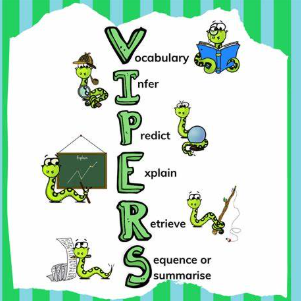
Maths in Chestnut
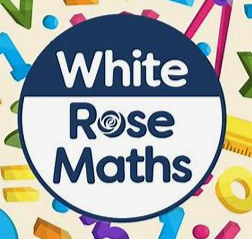
This term we will be covering fractions, mass and capacity, money, time, shape and statistics.
Our KIRFS focus will be 'I can recall facts about durations of time'.
Science in Chestnut
Forces 'What are the different forces?'
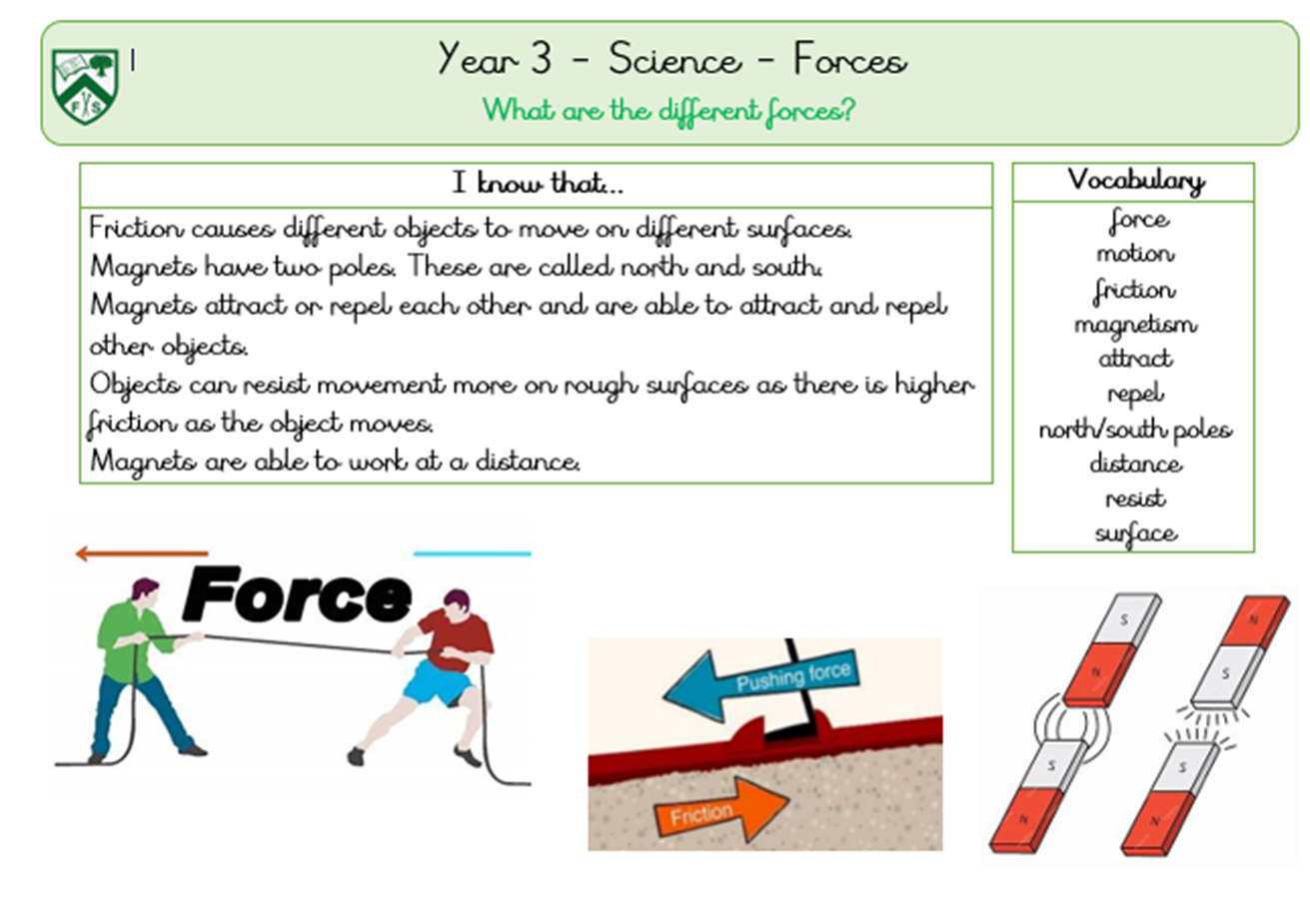
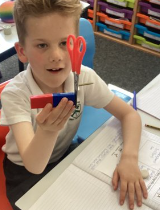
Light 'How are shadows made?'
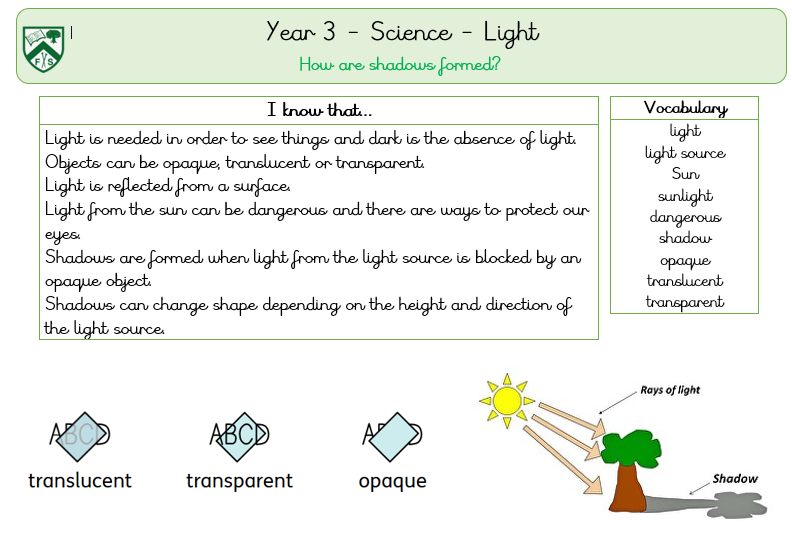
Foundation subjects in Chestnut
PE - Rounders, OAA, swimming and athletics.
Art (Summer 1)- Sculpture and 3D 'What materials did Anthony Caro use to create shape and space in nature?'
DT (Summer 2) - Mechanisms 'How could levers be used to help Romans in battle?'
PSHE - 'Relationships' and 'Changing Me'
History (Summer 1) - Local study '150th Anniversary of Fairfield First School' and Romans 'What caused the rise and fall of the Roman Empire and how did Julius Caesar influence this?'
Geography (Summer 2)- Rainforest vs Desert 'How are rainforests and deserts different?'
RE - Christianity 'What kind of world did Jesus want?' and Christianity, Islam and Non-Religious 'How and why do people try to make the world a better place?'
French - Colours 'Can I sing the colours of the rainbow?' and a French day out 'What conversations might I have in a French village?'
Homework
Weekly spellings from SpellingShed will be sent home ready for a test on Mondays.
Times Tables Rock Stars should be used as much as possible to improve rapid recall of times tables, ready for the statutory assessment in year 4.
Optional homework is provided every half term to earn some extra house points! Work can be brought into school or submitted on Google Classroom.
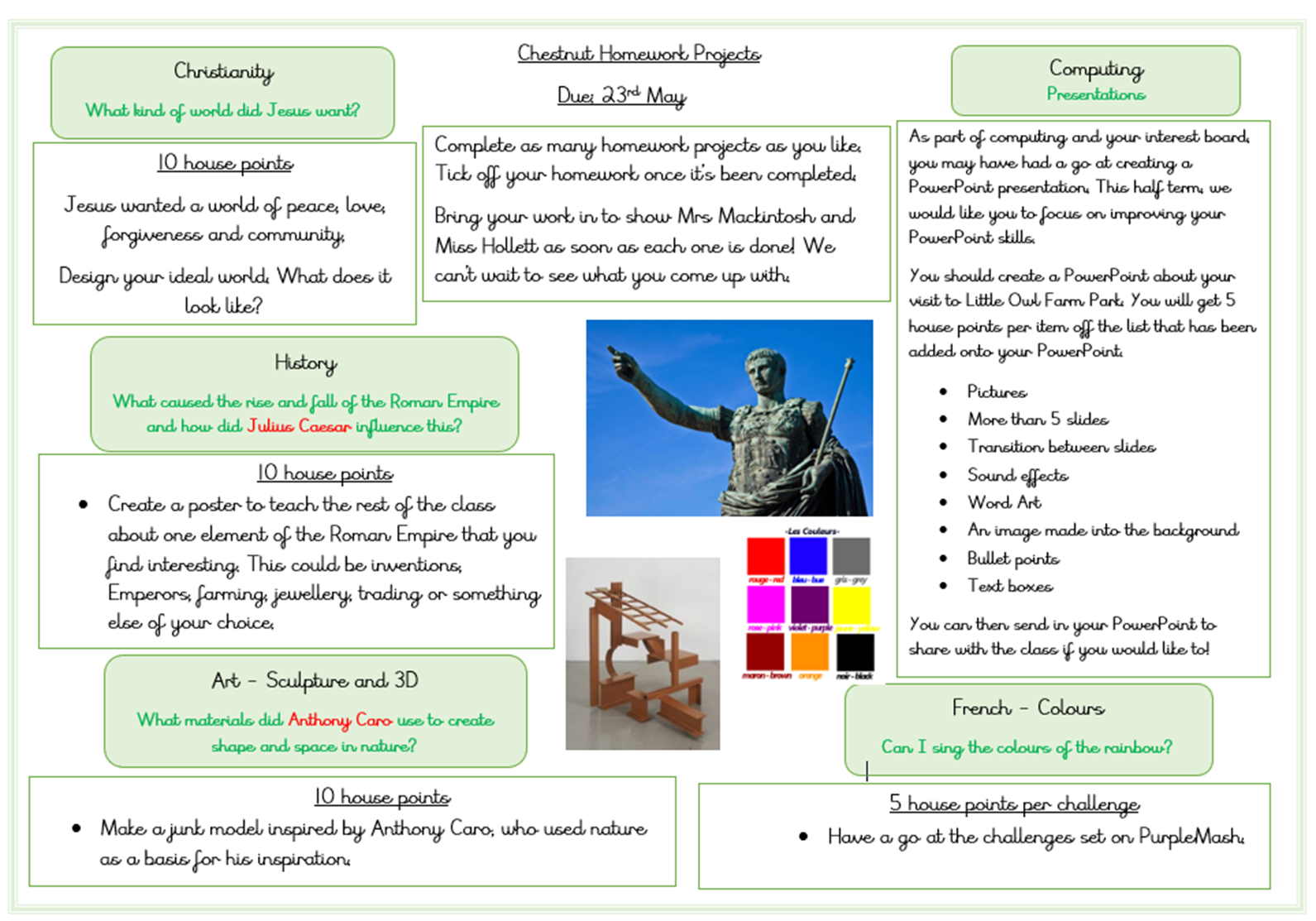
Enrichment and Learning Outside the Classroom
Chesntut have their Learning Outside the Classroom sessions every week on Friday afternoons. Kits should be brought into school and stored in the forest school pigeonholes, ready for the session that day. The children should be prepared for the weather, and have long-sleeved tops and trousers at all times.
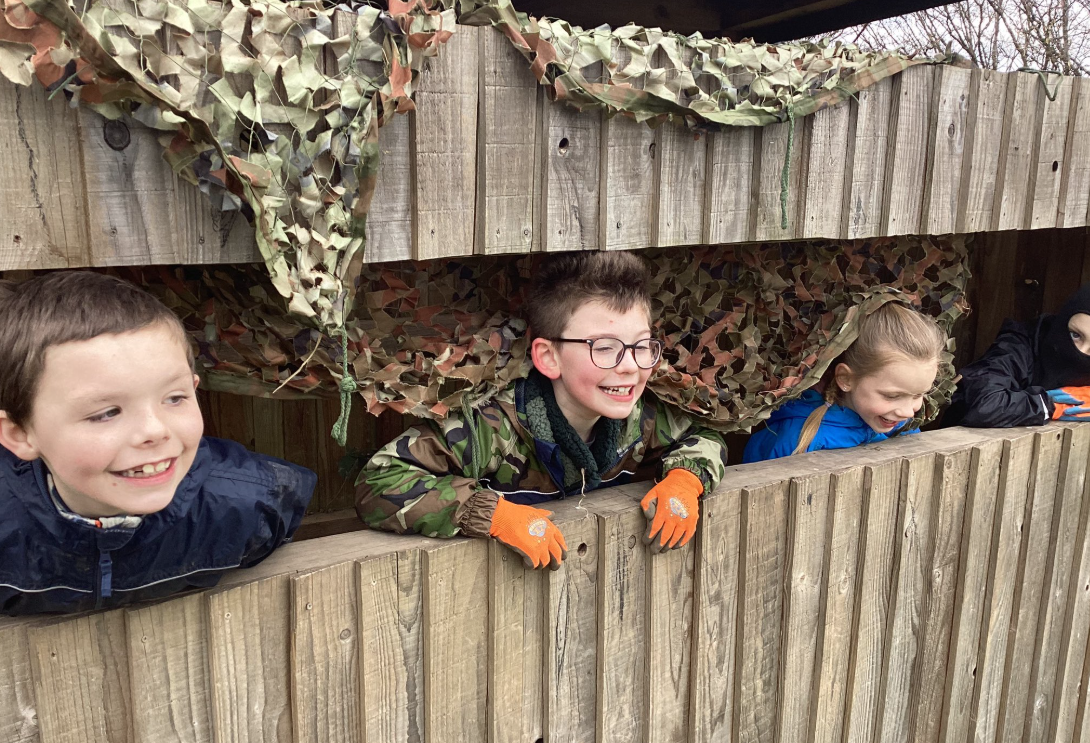
Chestnut have enjoyed lots of enrichment opportunities this year, including a hockey festival, Little Owl Farm Park, acrobatics sessions, cooking with a professional chef every term and weekly Ukulele lessons.
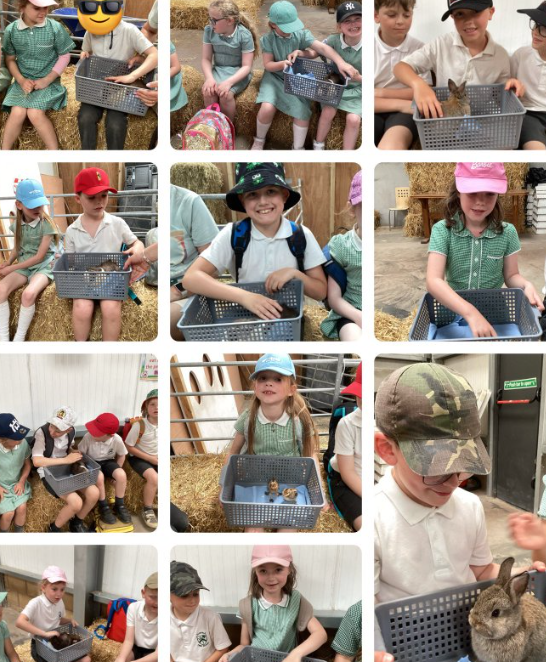
Please use Google Classroom to view all other relevant information for Chestnut class.

